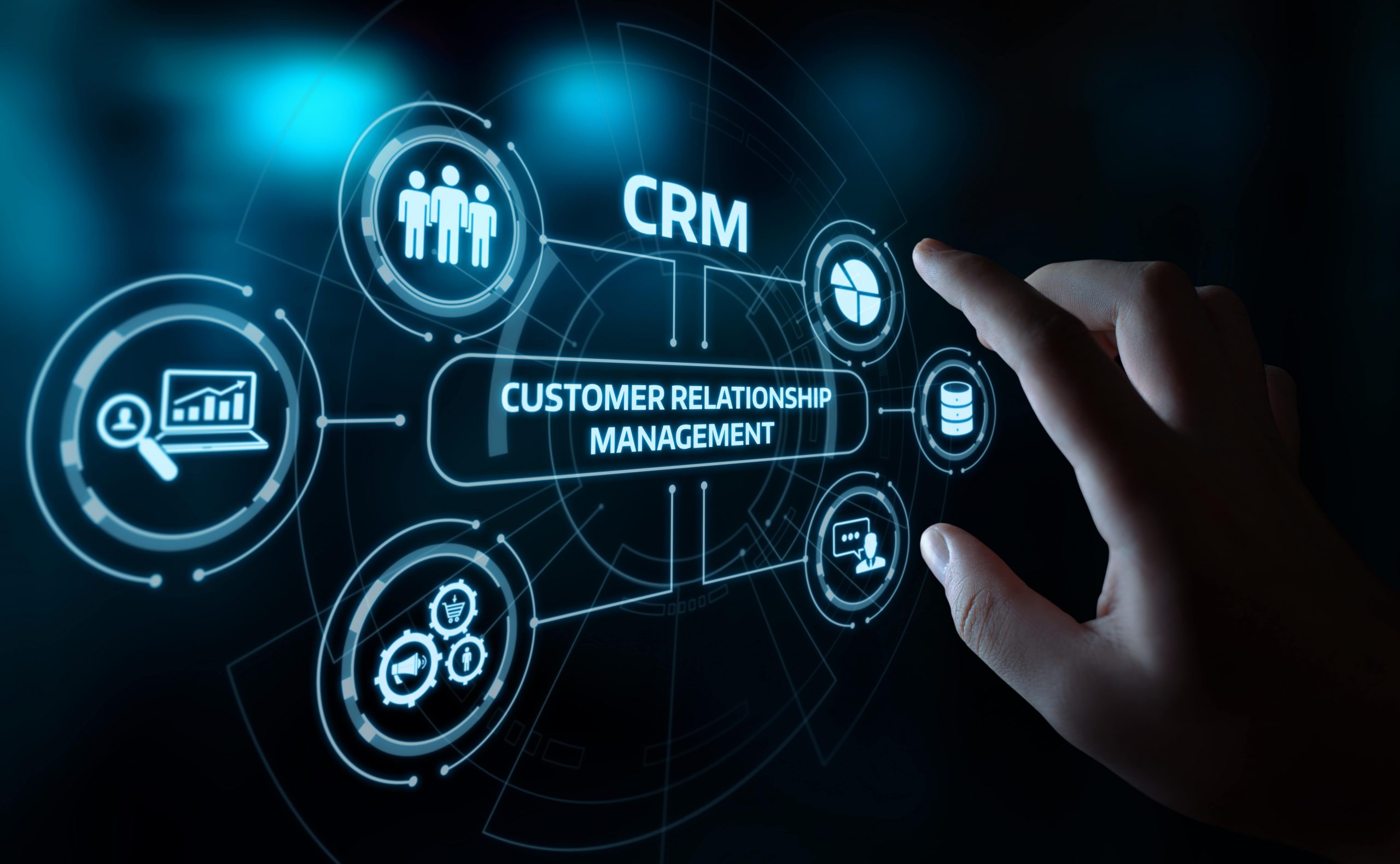Different Ways an ERP Software Enhances Your Business Operations
Businesses need to stay competitive in today’s ever-changing market, and Enterprise Resource Planning (ERP) software can help them do just that. ERP software is designed to integrate different business processes and data sources into one system, making it easier for businesses to track and manage operations. With ERP software, businesses can streamline their processes, increase efficiency, and improve their bottom line.
What is an ERP Software?
Enterprise Resource Planning (ERP) software is a comprehensive system that helps organizations manage and optimize their business processes. It combines various aspects of a business, such as finance, inventory, customer relationship management (CRM), and human resources (HR), into a single integrated system.
ERP software is designed to automate and integrate all of the different departments of a business, enabling them to communicate and collaborate more effectively. By unifying data and processes across departments, ERP systems can help organizations make more informed decisions, improve customer service, and increase profitability.
How Exactly Does an ERP Help Improve Your Business Operations?
Benefit #1: Deliver High-Quality Results on Time
First and foremost, an ERP system can help businesses deliver high-quality results on time. ERP systems streamline and automate many of the processes required for successful operations. This means businesses can get more done in less time, with fewer errors and higher-quality results. ERP systems also make it easier to track and monitor projects, ensuring that deadlines are met, and goals are achieved.
Benefit #2: Reduce Inventory Costs
ERP systems are designed to integrate all the different aspects of a business, including inventory management, into one central system. This can help streamline operations and improve the accuracy of data.
With an ERP system, companies can access real-time information about their inventory levels, helping them make better-informed decisions about when to order and how much to order.
In addition, an ERP system can help companies reduce their total inventory costs. By enabling them to track inventory levels, companies can better anticipate customer demand and adjust their ordering accordingly. This can reduce the amount of wasted or left unsold inventory, resulting in cost savings.
Benefit #3: Boost Production Efficiency
ERP systems are a vital tool for any business looking to improve its operations and increase efficiency. By integrating all of your business operations into one platform, you can streamline processes and increase production efficiency.
Not to mention, ERP systems provide detailed analytics, allowing you to track your performance and make adjustments as needed.
Benefit #4: Improve Cash Flow
Cash flow is the lifeblood of any business, and having a system in place that can help you manage it more efficiently is invaluable. With an ERP system, you can reduce manual data entry and streamline processes, resulting in improved accuracy and timeliness of financial data.
Additionally, an ERP system can automate financial activities such as invoicing, payments, and collections, reducing the time and resources spent on these tasks.
The Bottom Line: Why You Need an ERP Software
In the fast-paced and highly competitive business world, companies must have efficient and accurate processes to remain competitive. With that in mind, an ERP system can help businesses to improve their operations, increase efficiency, and reduce costs.
By automating many of the manual processes associated with running a business, an ERP system can help businesses to focus on their core activities and maximize their profits.
If you’re looking for ERP software to help you improve your business operations, IBB-ERP is the perfect solution. Our software is designed to be user-friendly and easy to use, so you can focus on managing your business more efficiently. Contact us today to help you take your business to the next level.





